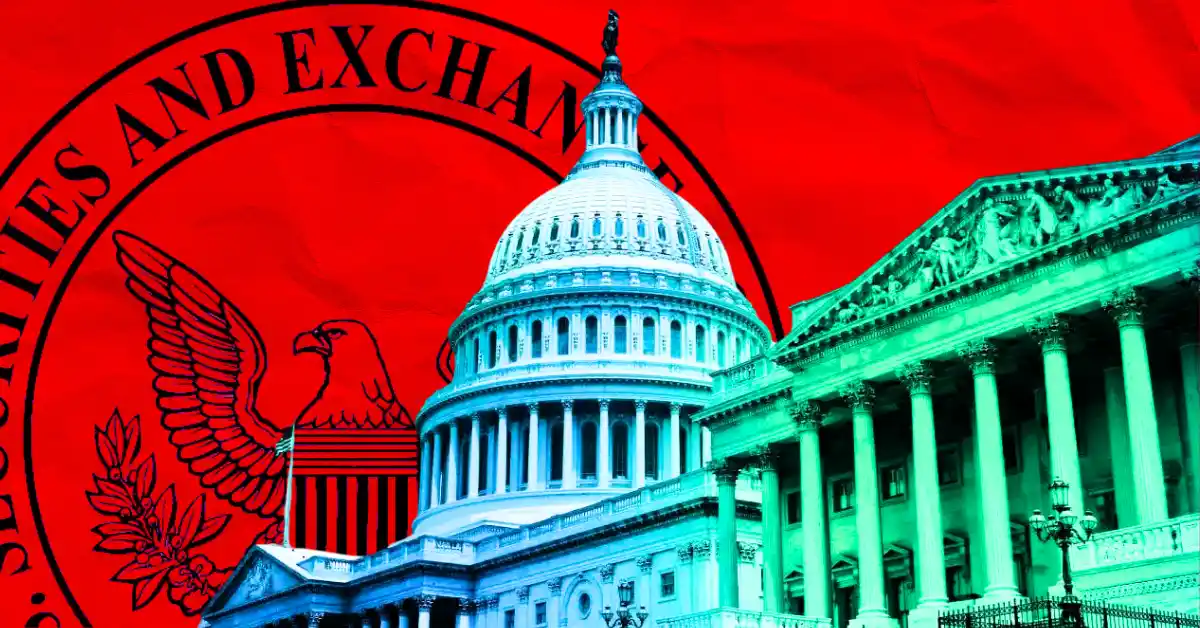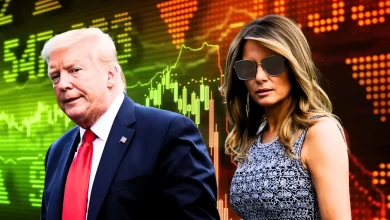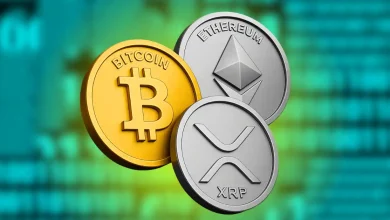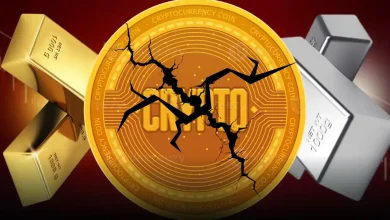
SEC and CFTC unite to allow major U.S. exchanges like NYSE, Nasdaq, and CME to support spot crypto trading.
Move paves the way for Bitcoin, Ethereum, and other crypto ETFs amid growing U.S. digital finance leadership.
The two most powerful U.S. market regulators have teamed up to deliver big news for crypto. The Securities and Exchange Commission (SEC) and the Commodity Futures Trading Commission (CFTC) issued a joint statement confirming that registered exchanges like the NYSE, Nasdaq, CBOE and CME can now support trading of certain spot crypto assets.
In simple terms, this means Wall Street exchanges can soon allow direct trading of coins such as Bitcoin, Ethereum and likely more. This move now opens the door for other assets such as XRP, SOL, DOGE and others which already have ETF filings pending, to step into the spotlight.
Regulators Finally on the Same Page
For years, crypto companies and investors have struggled with mixed messages from Washington. That confusion now seems to be ending.
SEC Chairman Paul Atkins said the move is a step in bringing crypto innovation back to the United States. He added that traders should be free to choose where they buy and sell crypto, and promised the SEC would work closely with the CFTC to support innovation and competition.
“Market participants should have the freedom to choose where they trade spot crypto assets,” Atkins said.
CFTC Acting Chair Caroline D. Pham was even more direct. She said the old era of mixed signals is over, adding:
“By working together, we can empower American innovation and build on President Trump’s approach to making America the crypto capital of the world.”
What Happens Next
The SEC and CFTC divisions in charge of trading and clearing will coordinate to make sure exchanges can smoothly roll out spot crypto markets. The agencies also invited exchanges and other participants to reach out directly with questions as they prepare new products.
This effort is part of broader initiatives called the SEC’s “Project Crypto” and the CFTC’s “Crypto Sprint,” which aim to speed up U.S. leadership in digital finance.
The ETF Angle
While the statement did not directly mention exchange-traded funds (ETFs), the timing is important. More than 90 spot crypto ETF applications are waiting at the SEC. Now that exchanges have a clear green light for spot trading, many believe ETF approvals could follow soon.
That could mean regulated spot ETFs for Bitcoin and Ethereum may finally reach U.S. markets.
Never Miss a Beat in the Crypto World!
Stay ahead with breaking news, expert analysis, and real-time updates on the latest trends in Bitcoin, altcoins, DeFi, NFTs, and more.
FAQs
It means major Wall Street exchanges can now support direct trading of spot crypto assets like Bitcoin and Ethereum, opening new doors for the U.S. market.
A spot crypto asset is a cryptocurrency bought or sold for immediate delivery at the current market price, giving the owner direct possession.
These are SEC and CFTC initiatives designed to fast-track U.S. leadership in digital finance by streamlining crypto market regulations and product approvals.
Trust with CoinPedia:
CoinPedia has been delivering accurate and timely cryptocurrency and blockchain updates since 2017. All content is created by our expert panel of analysts and journalists, following strict Editorial Guidelines based on E-E-A-T (Experience, Expertise, Authoritativeness, Trustworthiness). Every article is fact-checked against reputable sources to ensure accuracy, transparency, and reliability. Our review policy guarantees unbiased evaluations when recommending exchanges, platforms, or tools. We strive to provide timely updates about everything crypto & blockchain, right from startups to industry majors.
Investment Disclaimer:
All opinions and insights shared represent the author's own views on current market conditions. Please do your own research before making investment decisions. Neither the writer nor the publication assumes responsibility for your financial choices.
Sponsored and Advertisements:
Sponsored content and affiliate links may appear on our site. Advertisements are marked clearly, and our editorial content remains entirely independent from our ad partners.







